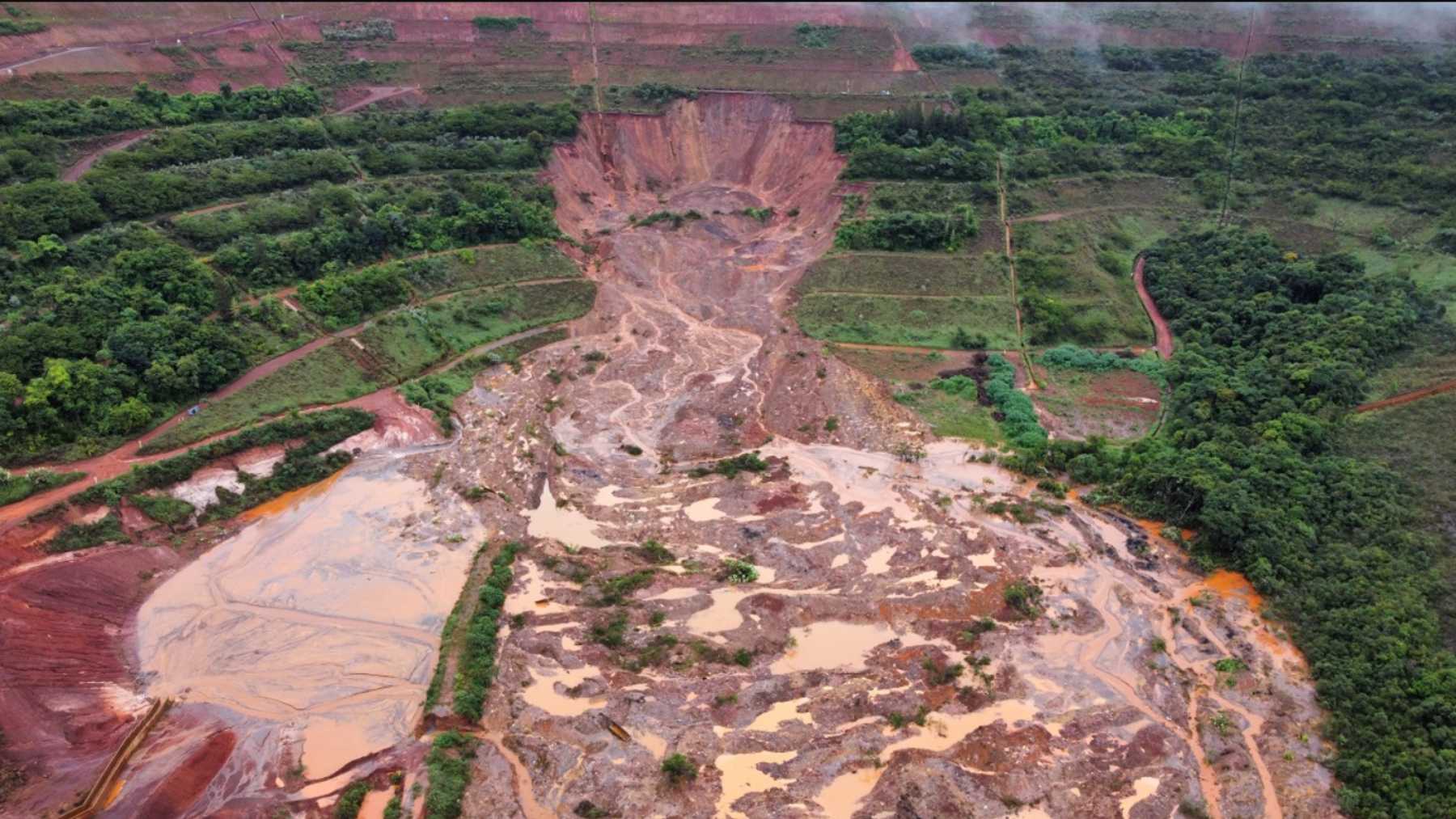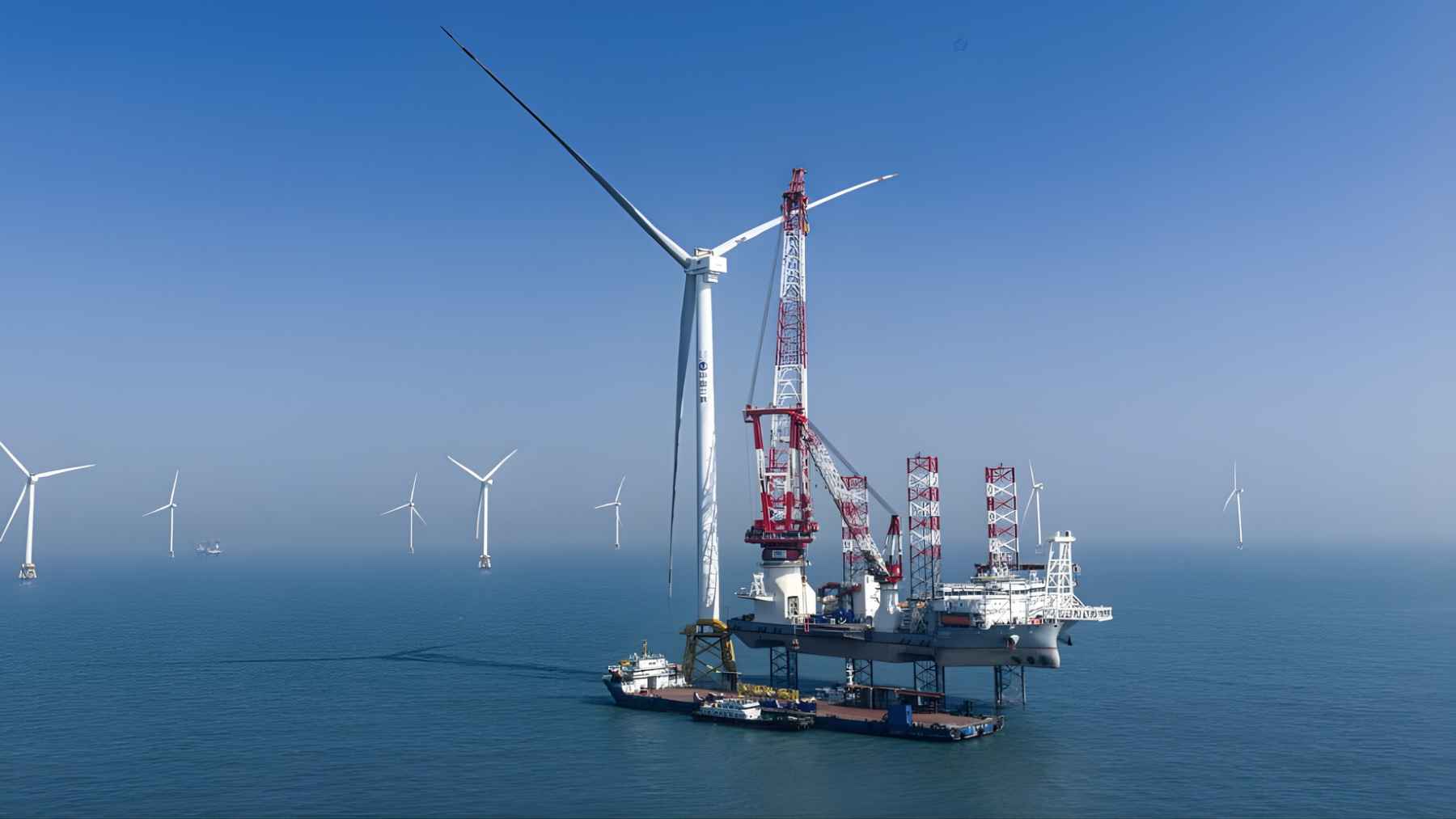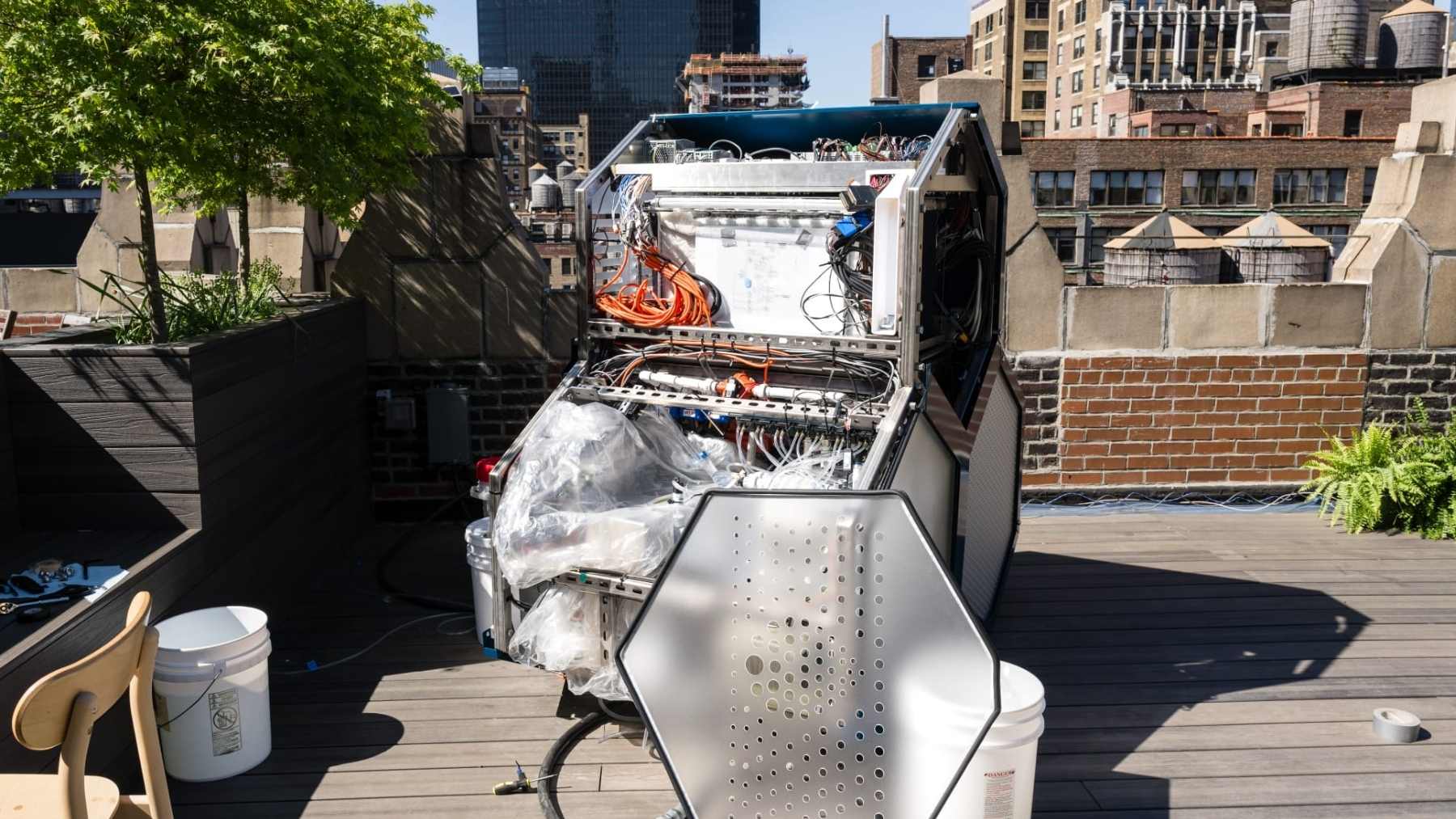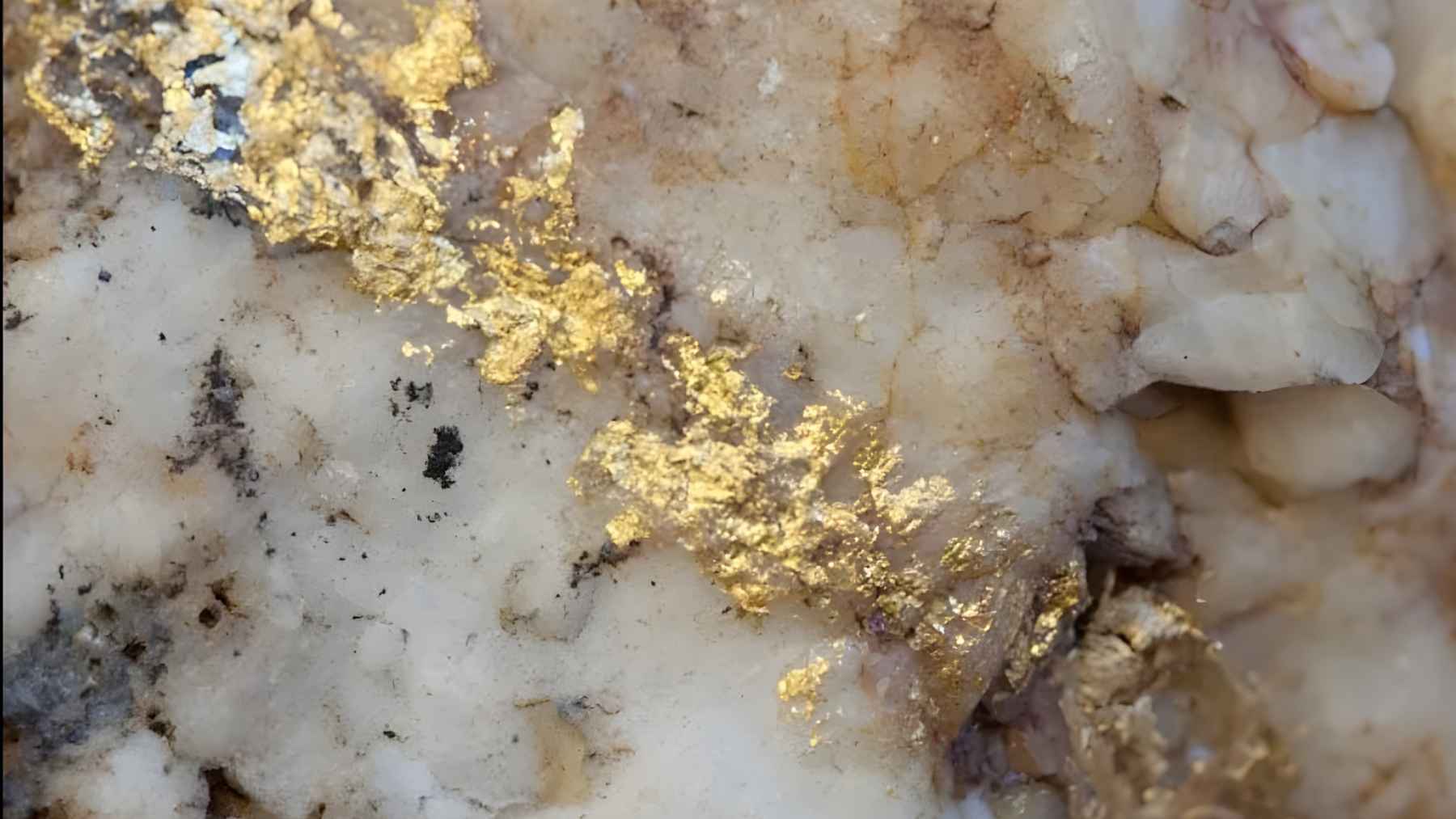A mineral that beat lithium has now vanished causing Brazil to lose 64M tons beneath a certain region in Brazil. Initially, this specific mineral was known for its significance beating even lithium in terms of its global value. The reason that 64 million tons of this mineral is now being left untouched is because it lies untouched beneath the surface due to all activity having been suspended at Azul mine.
Saying goodbye to the mineral beating lithium due to mine suspension
The once busy mine located in Brazil’s northern state in the Pará region provided a valuable source of manganese which remains a vital component in terms of battery technology. However, this mine is now inactive. A mine that once held such high-quality ore and much potential saw all operation coming to a sudden halt in March 2020.
Now the Azul mine can be seen as inactive and suspended. The reason behind this suspension is due to a corporate strategic review that was initiated by mine’s operator, Vale. There was no public announcement that outlined the permenant closure of the mine, however, the suspension surely left more than 64 million tons of manganese ore stuck underground in the mine.
The reason for suspension, as per the strategic review, is in favor of environmental and economic consideration. Another reason for the pause in extracting manganese is due to the fact that the global manganese price is constantly fluctuating and Vale has chosen to prioritize iron ore and copper. After four years, no plans have been anounced of reactivating the suspended mine. The site that once held manganese potential is now left suspended.
64 million tonnes of a dormant resource and its costs
According to geological surveys, 64 million tonnes of manganese reserves can be found in the Azul mine site. The volume of manganese has much economic value as well competing with the likes of its biggest rival, lithium.
Brazil, however, is no longer tapping into this resource potential. Although China, South Africa, and other countries seem to be looking at manganese outputs to meet the increasing demand, Brazil’s decision to suspend activity at the Azul mine may have caused its global supply chain of manganese to pause. By not tapping into existing potential, Brazil has also impacted the economy of Pará putting a pause to job prospects that would be based on the mining operations at the Azul mine.
Understanding the Mar Azul Mine’s role in Brazil
Newer developments at the Mar Azul Mine in Nova Lima is in stark contrast with the inactivity at Azul mine. Currently, Vale is busy working on environmental decommissioning efforts. Thus far, more than 88% of the dam’s reservoir materials have been removed at Mar Azul Mine.
Vale is considering sustainability efforts following the aftermath of Brazil’s tragic tailings dam failures in recent years. As much as Vale’s activity at Mar Azul can be applauded, the dormant mine that has untapped potential. However, raw manganese ore could very well be the reason why we say goodbye to lithium in the world.
Vale’s attention has been diverted in favor of environmental concerns
With Brazil’s suspended operations at Azul mine, there is about 64 million tons of manganese ore still beneath Pará’s surface. Although Vale’s focus and environmental effort is all well and good, it does not seem to meet the global demand for manganese. Should no further actions be taken to revive a mine with much potential then Brazil is turning its back on manganese potential that could perhaps make them a global leader in the manganese department.















